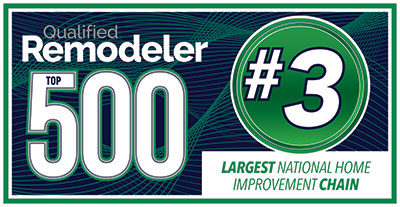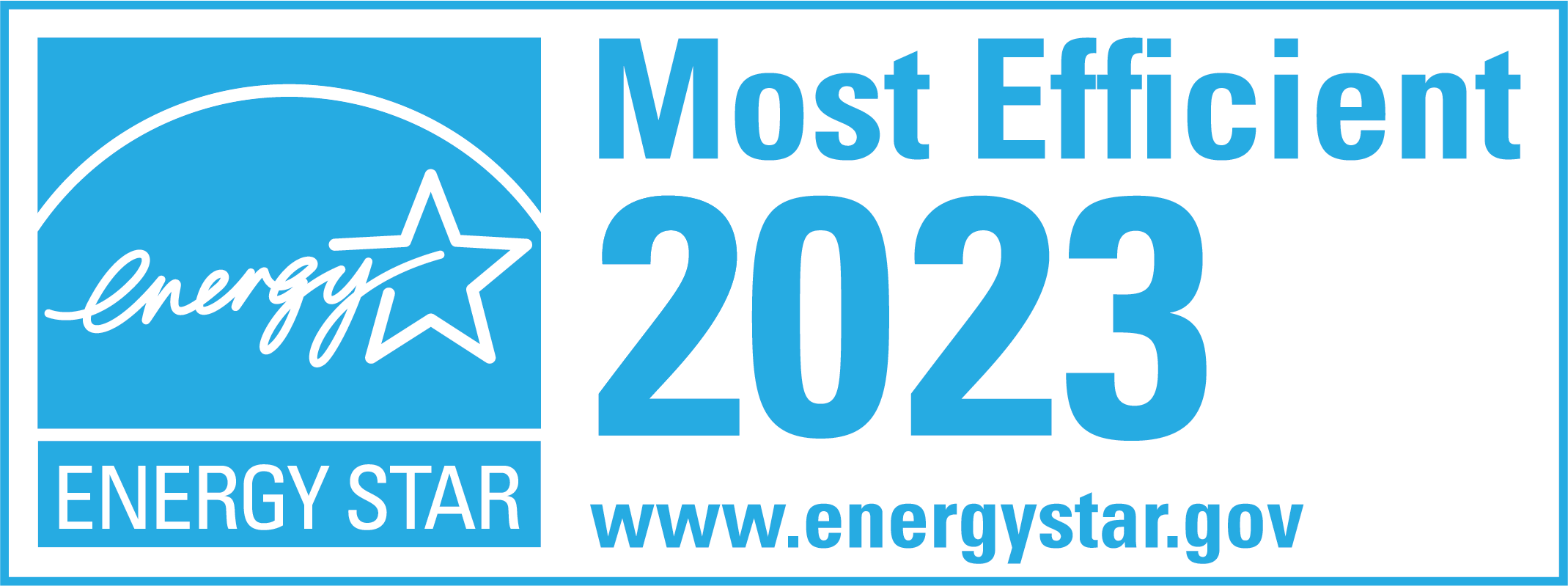Should You Buy Vinyl Windows?
Vinyl windows have become increasingly popular due to their numerous benefits and affordability. However, like any other type of window, they have advantages and disadvantages. In this article, we will explore the pros and cons of vinyl windows to help you decide when choosing the right windows for your home.
What are Vinyl Windows?
Vinyl windows are a type of window made from PVC. They are known for their durability, energy efficiency, and low maintenance requirements.
One of the key advantages of vinyl windows is their exceptional insulation properties. The PVC material used in vinyl windows acts as a natural insulator, helping to keep the interior of your home comfortable and reducing energy consumption. This can lead to significant yearly savings on heating and cooling costs.
In addition to their energy efficiency, they are also highly durable. Unlike traditional wooden windows, they are rot, corrosion, and warping-resistant. This makes them an excellent long-term investment, as they require minimal maintenance and have a longer lifespan.
They also offer a wide range of customization options. Whether you prefer a classic, traditional look or a more modern, contemporary style, vinyl windows can be tailored to match your preferences. They are available in various colors, finishes, and designs, allowing you to create a cohesive and visually appealing look for your home.
History and Evolution
Vinyl windows were first introduced in the 1950s but gained widespread popularity in the 1970s. Over the years, advancements in technology have greatly improved the quality and performance of vinyl windows. Today, they are one of the most widely used windows in residential construction.
Initially, vinyl windows faced some skepticism due to concerns about their durability and aesthetic appeal. However, manufacturers continuously worked on enhancing the quality of vinyl windows, addressing these concerns and making them a reliable and attractive choice for homeowners.
Modern options feature advanced manufacturing techniques that ensure superior strength and durability. They are designed to withstand extreme weather conditions, such as high winds and heavy rain, without compromising performance or appearance.
Moreover, their evolution has also focused on improving their energy efficiency. Today, vinyl windows often have multiple glazing options, such as double or triple-pane glass, filled with insulating gases like argon or krypton. These enhancements further enhance the insulation properties, reducing heat transfer and noise infiltration.
As technology advances, all windows are expected to become more energy-efficient and aesthetically pleasing. With ongoing research and development, manufacturers constantly explore new ways to improve their performance and sustainability.
Advantages of Vinyl Windows
When choosing windows for your home, vinyl windows offer several advantages that make them popular among homeowners.
Cost-Effectiveness
One of the primary advantages of vinyl windows is their affordability. Vinyl windows are more cost-effective than other materials, such as wood or aluminum. Additionally, vinyl windows require minimal maintenance, reducing long-term ownership costs.
Maintenance and Durability
Vinyl windows are known for their low maintenance requirements. Unlike wood windows that must be regularly painted or stained, vinyl windows only require occasional cleaning to keep them looking their best. Furthermore, vinyl windows are highly durable and resistant to rot, corrosion, and warping, making them suitable for various climate conditions.
Energy Efficiency and Insulation
Vinyl windows are excellent insulators, helping to keep your home comfortable year-round while reducing energy costs. The multi-chambered design of vinyl window frames provides thermal insulation, preventing heat transfer between the interior and exterior of your home. Additionally, vinyl windows can be fitted with double or triple glazing, enhancing their energy efficiency.
Disadvantages of Vinyl Windows
Despite their many benefits, there are a few potential drawbacks when choosing vinyl windows for your home.
Limited Customization Options
While vinyl windows come in various colors and styles, they may not offer the same level of customization as wood or aluminum windows. If you have unique design preferences or require specific architectural details, vinyl windows may not be your best choice.
Potential Warping Over Time
In extreme heat conditions, vinyl windows have the potential to warp over time. However, this issue has become less common with advancements in manufacturing techniques and materials that resist heat distortion. Choosing high-quality vinyl windows from reputable manufacturers is essential to minimize the risk of warping.
Environmental Impact
Although vinyl windows are energy-efficient during their lifespan, their production and disposal can have an environmental impact. The manufacturing process of PVC involves using non-renewable resources, and vinyl windows cannot be easily recycled. However, eco-friendly vinyl window options are available that use recycled materials and have a smaller carbon footprint.
Comparing Vinyl Windows to Other Window Types
When deciding between vinyl windows and other window types, it’s essential to consider how they stack up against each other.
Vinyl vs. Wood Windows
Wood windows offer a timeless and natural aesthetic but require regular maintenance and are more expensive than vinyl windows. While wood windows might be preferred for historic or traditional homes, vinyl windows provide a cost-effective and low-maintenance alternative for most homeowners.
Vinyl vs. Aluminum Windows
Aluminum windows are known for their strength and durability. However, they can be less energy-efficient compared to vinyl windows. Aluminum is also susceptible to corrosion over time, while vinyl windows are resistant to rot and corrosion, making them a more durable option.
Making the Decision: Are Vinyl Windows Right for You?
Choosing the right windows for your home involves considering various factors.
Factors to Consider When Choosing Windows
Before deciding, it’s essential to consider factors such as your budget, climate, desired energy efficiency, and overall aesthetics. Take the time to research the different window types available and consult with professionals to determine which option best meets your needs.
Assessing Your Home’s Needs
Assess your home’s unique needs, including noise reduction, security requirements, and natural light considerations. Vinyl windows can be a great fit for many homes, but evaluating how well they align with your needs is crucial.
Consultation and Installation Process
Once you have gathered all the necessary information and decided, consult with a reputable window installation company to discuss your requirements and ensure professional installation. Proper installation is essential to maximize the benefits and longevity of your vinyl windows.
In conclusion, vinyl windows offer several advantages, including cost-effectiveness, low maintenance, and energy efficiency. However, they have a few disadvantages, such as limited customization options and environmental impact. Comparing vinyl windows to other window types can help you make an informed decision. When choosing the right windows, consider budget, climate, and overall home needs. With careful consideration and professional installation, vinyl windows could be an excellent choice to enhance the comfort and aesthetics of your home.
Call us at 214-399-9592 to discuss window pricing and availability. Our replacement window services are limited to North Texas cities, from Irving and Dallas to Frisco and Rockwall.






